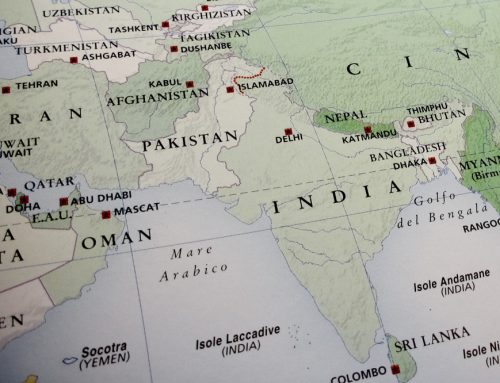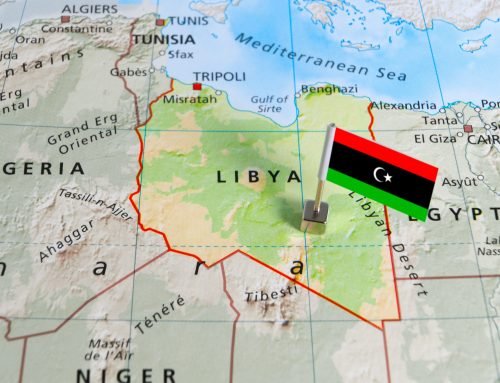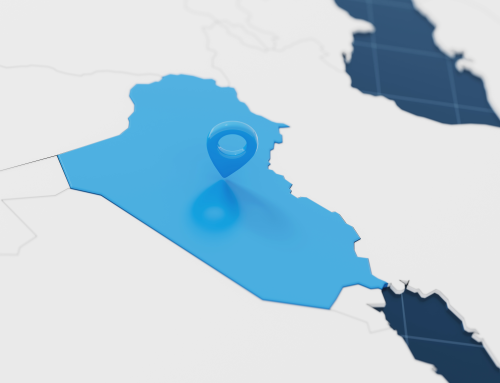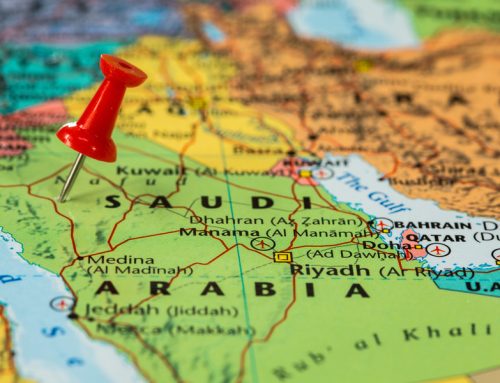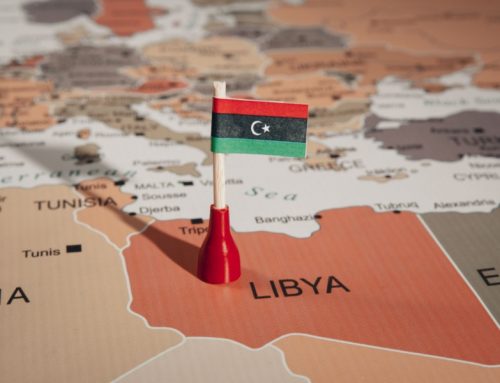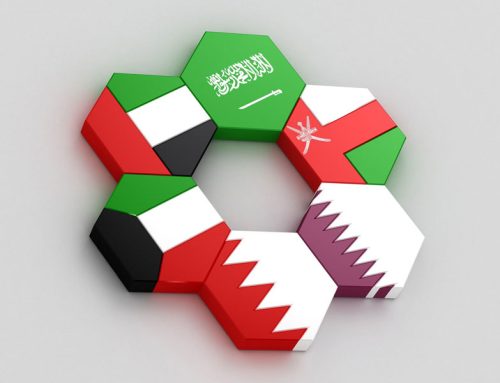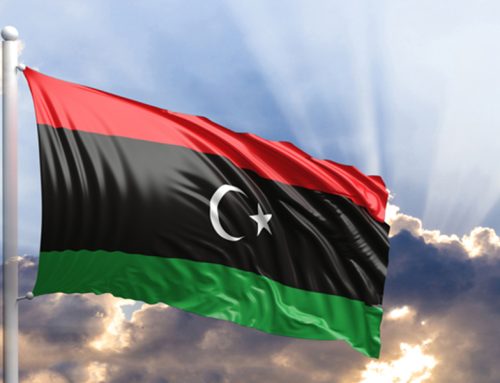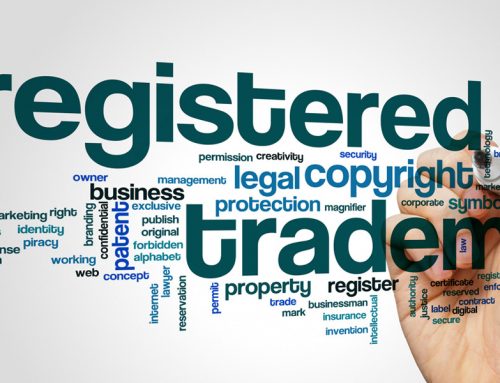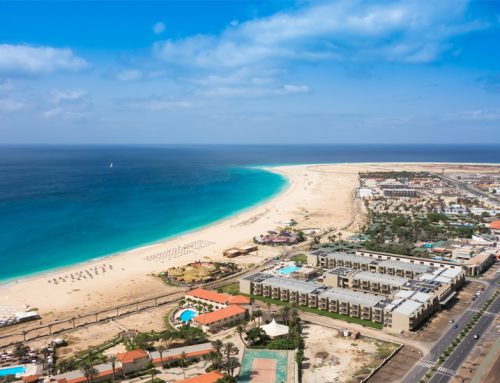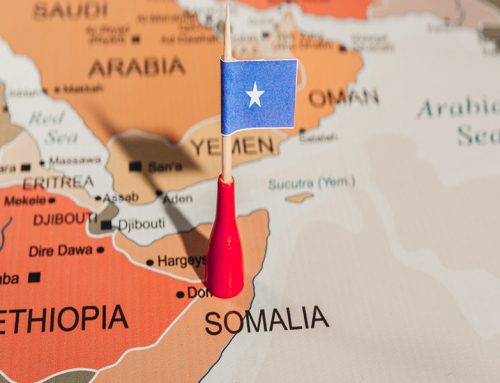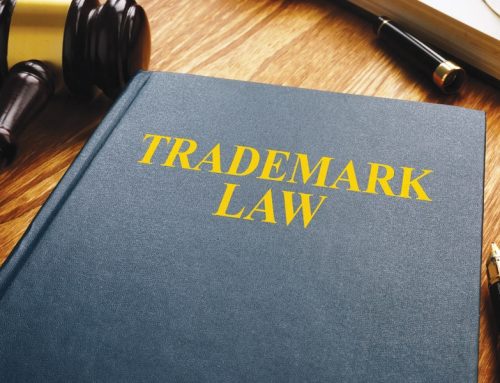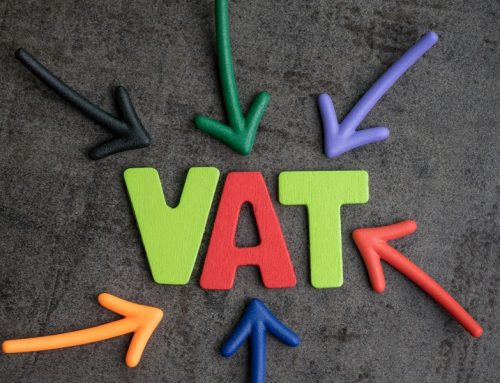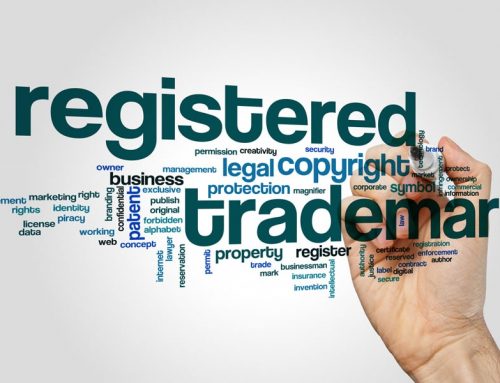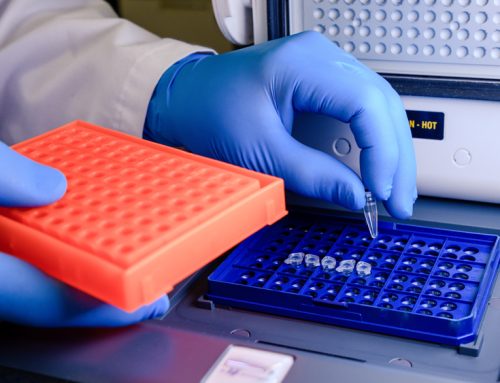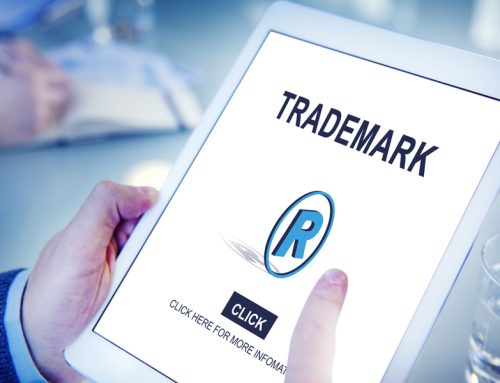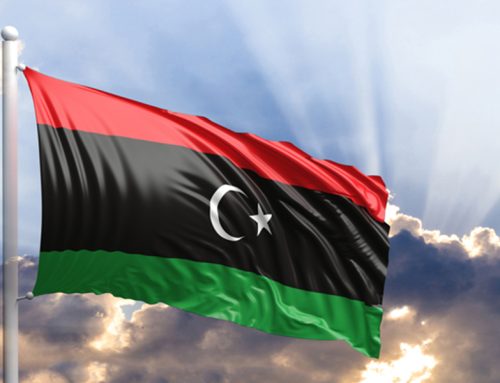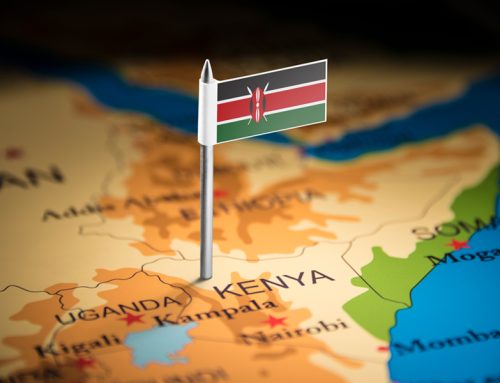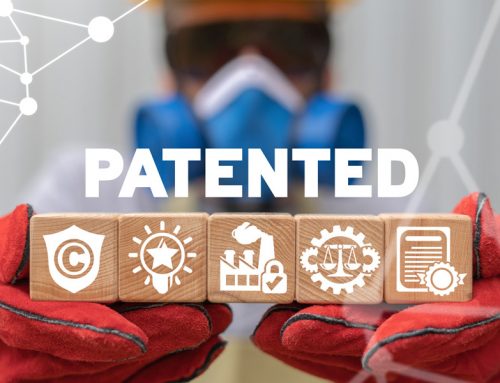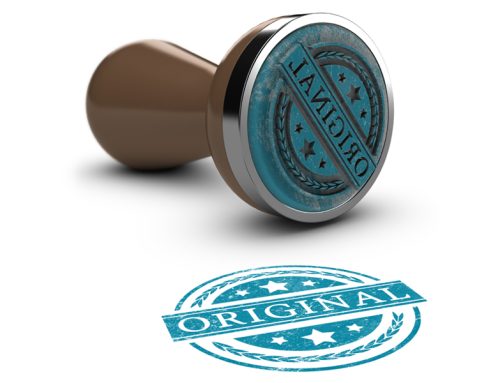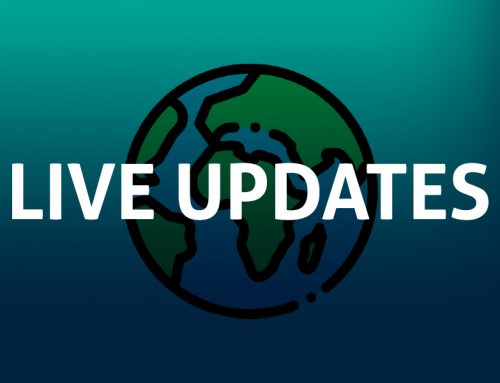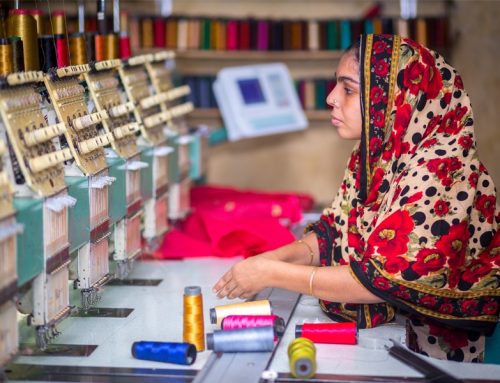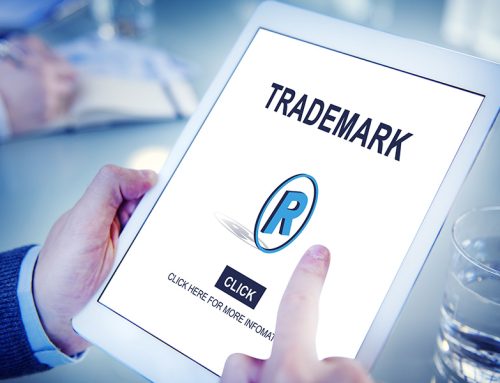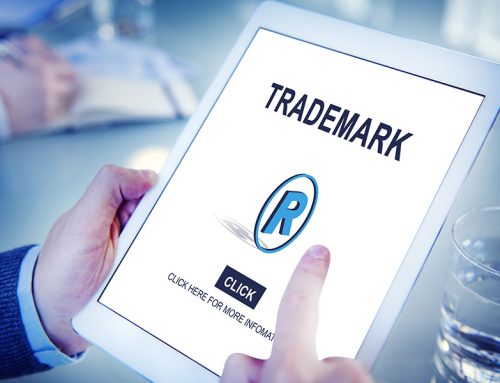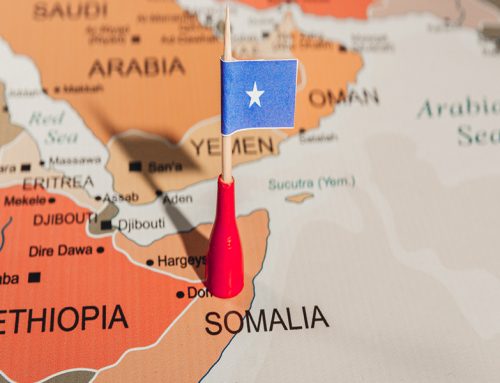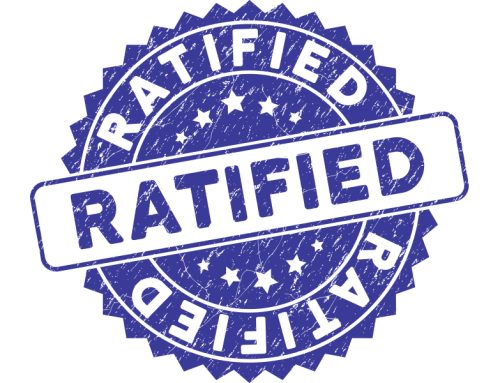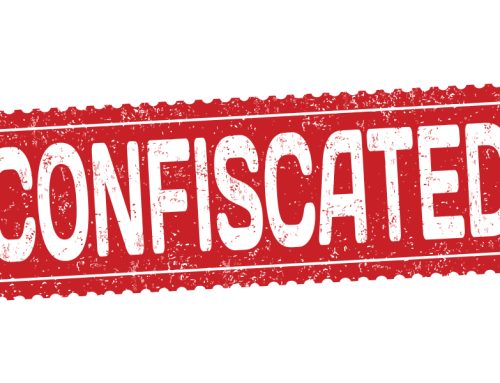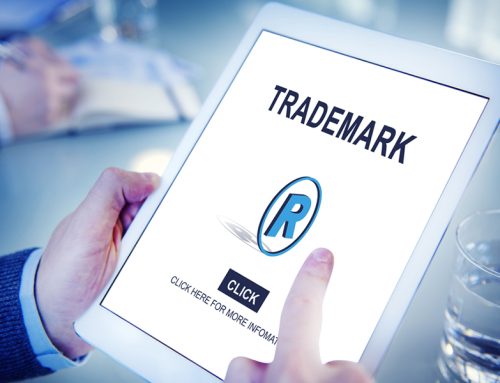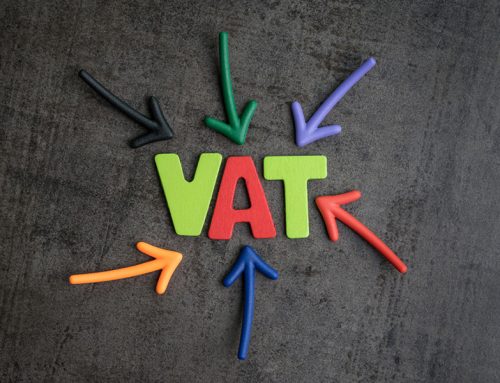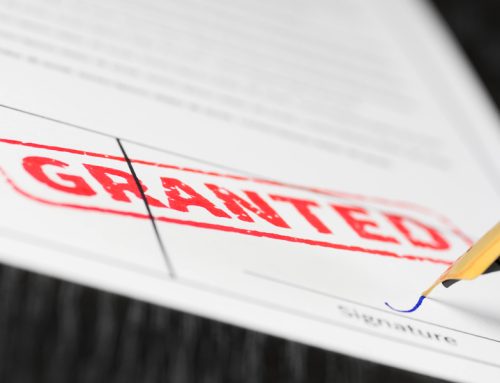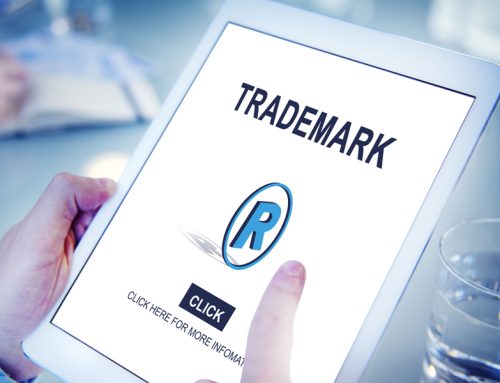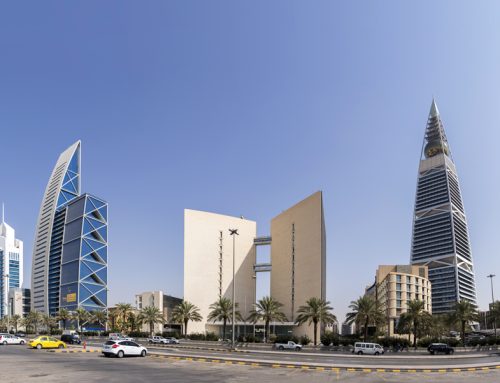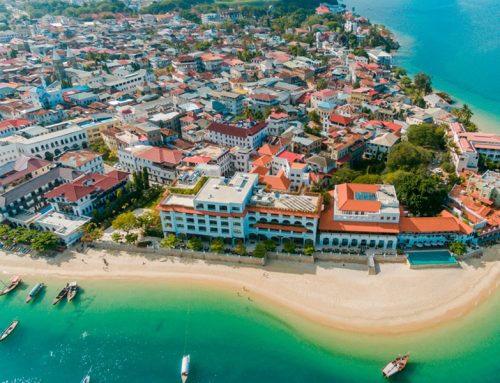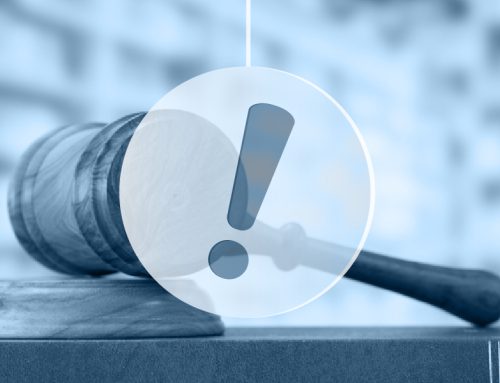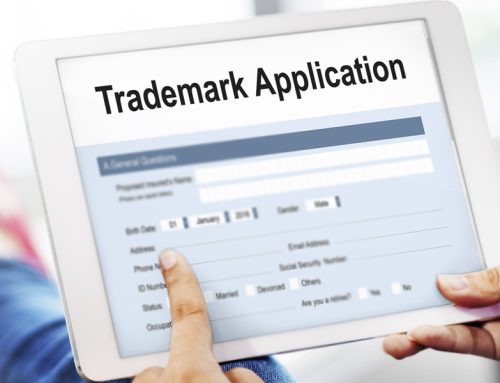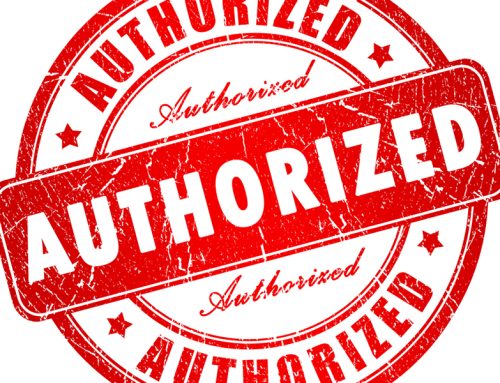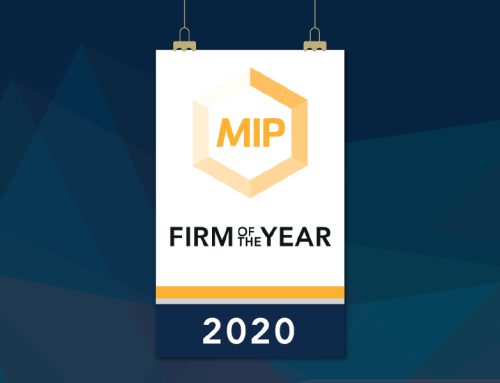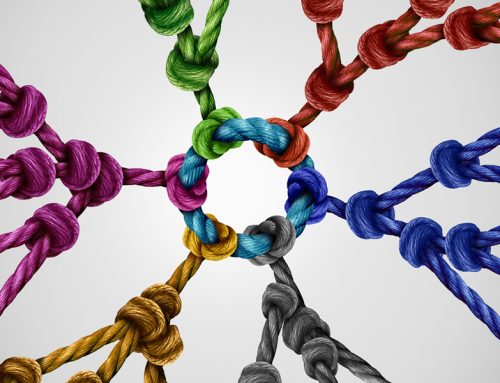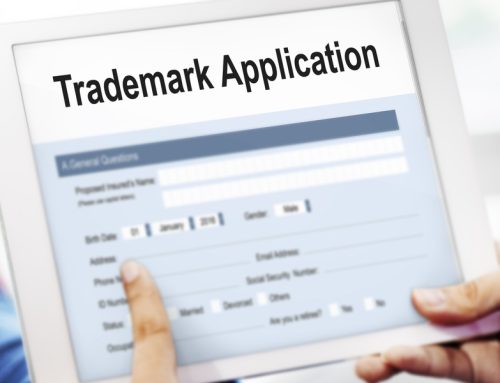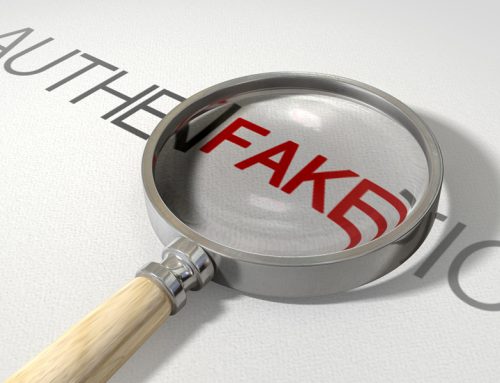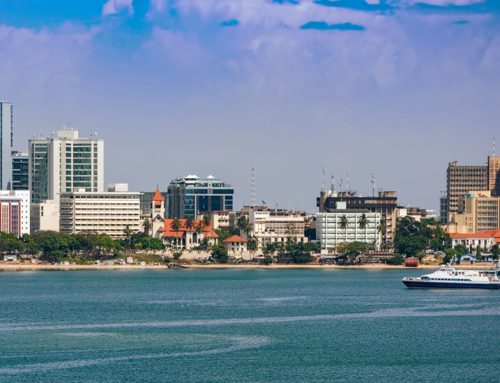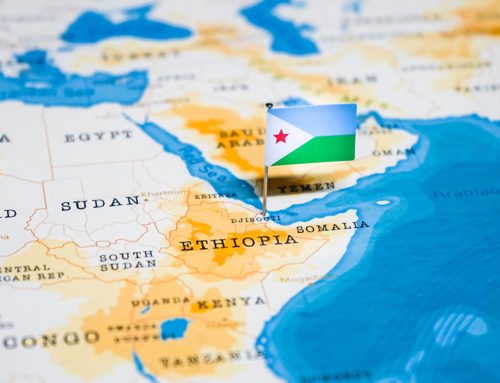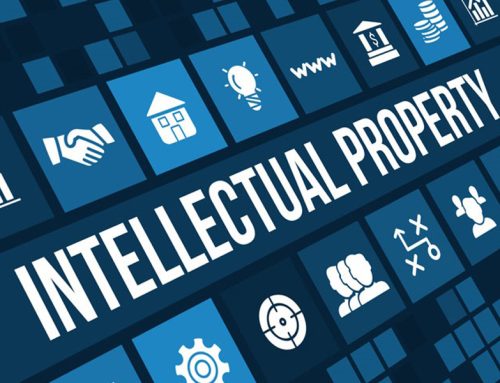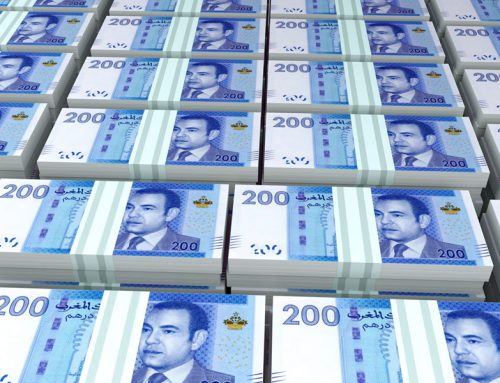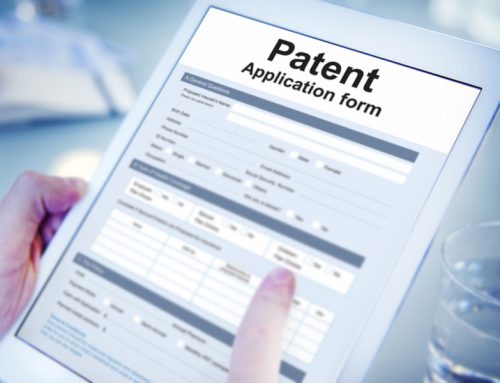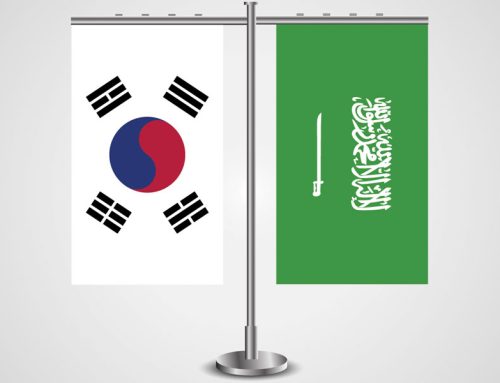Introduction
The year 2023 marked a period of substantial growth and transformation in the field of intellectual property. Our annual review encapsulates the pivotal developments, innovative breakthroughs, and key milestones in IP that defined the year across the region.
Trademark Updates
- Harmonizing with International Standards: Yemen, Gaza, and Saudi Arabia aligned with international norms. Yemen and Gaza adopted the 10th and 11th editions of the Nice Classification, respectively, while Saudi Arabia implemented the 12th edition, enhancing clarity and predictability for brand owners. In addition to this update, the Saudi Authority for Intellectual Property (SAIP) no longer accepts class headings, compelling applicants to choose between listing specific items from the list or selecting all items within a class. This shift marks a decisive move towards a more detailed and precise approach in the trademark application process. Applicants, especially those from international backgrounds, need to navigate this system with an informed and strategic approach. Consulting with local counsel is highly recommended to effectively manage the complexities of the new classification.
- New Requirements for Arabic Transliteration: The Trademark Office in Iraq now requires trademarks filed in Latin script to include Arabic transliteration. This change, effective January 2, 2023, applies to both new applications and those under examination, aligning with Iraqi Trademark Law. The policy addresses challenges in transliterating certain letters and ensures clearer brand recognition and easier enforcement of trademark rights in Arabic.All Aboard the GCC Trademark Law: Qatar’s adoption of the GCC Trademark Law marked a significant milestone in trademark law uniformity across the GCC countries. –
- Trademark Reservation Process: The reintroduction of the trademark reservation process in South Sudan was a key development, offering enhanced protection mechanisms for trademark owners in a burgeoning economic environment. Trademark owners can start filing applications for reservation immediately. Although official registration of the mark will only be completed once the Intellectual Property Bill 2015 is enacted, the reservation process secures the rights of the mark in the Ministry’s database. A duly stamped copy of the reservation application will be provided, reinforcing the mark’s protection even during the waiting period for the law’s passage.
Patent Updates
- Fostering Innovation: Bahrain’s decision to reduce patent fees for individual applicants aimed to stimulate grassroots innovation and entrepreneurial spirit, enhancing accessibility to patent protection for smaller players.
- Enhancing Global IP Cooperation: The Patent Prosecution Highway agreement between SAIP and IPOS underscored Saudi Arabia’s commitment to global IP cooperation, facilitating expedited patent processing and enhancing cross-border technology exchange. In Morocco, the collaboration between OMPIC and INPI was a strategic move towards a more integrated and efficient patent system, reinforcing Morocco’s position in the global IP landscape.
- Transformative IP Governance: The establishment of the Egyptian Authority for Intellectual Property was a game-changer, potentially ushering in a new era of streamlined IP governance and enhanced innovation support. This central role aligns with the nation’s broader economic and strategic interests, positioning the EAIP as a key player in shaping IP practices within the country. Underpinning the EAIP’s operations is a robust legislative framework, which serves several crucial functions. Firstly, it charges the EAIP with the development of a comprehensive national IP strategy. This strategy, formed in collaboration with various ministries and authorities, is designed to cultivate an environment that nurtures innovation and bolsters Egypt’s standing in the global competitive landscape. Another critical aspect of the legislative framework is the establishment of a governing board. This board is tasked with defining the EAIP’s organizational structure, internal regulations, and strategic goals. The governance mechanism established by this board is fundamental in ensuring the EAIP’s efficiency and effectiveness in its operations.Regional Patent Cooperation: The inclusion of Qatar in the GCC Patent Office’s services signified a strengthening of patent cooperation within the region, facilitating a more unified approach to patent administration and protection.
Legislation and Enforcement Updates
- UAE – Advancing Legal Frameworks: The UAE’s arbitration reforms and the enhanced focus on franchising rights underlined a proactive approach to refining its legal framework, offering a more predictable and favorable business environment for IP stakeholders.
- Saudi Arabia – Streamlining Legal Processes: The implementation of The Hague Apostille Convention in Saudi Arabia represented a major facilitation in legal processes, streamlining market entry and supporting private sector growth, simplifying document authentication processes. With Saudi Arabia’s accession, an apostille issued by the state of origin is sufficient to certify a document’s validity, and removes the need for double certification, by the originating country and then by the receiving country. This update is bound to reduce complexity, timelines, and cost for the private sector in Saudi Arabia.
- Kenya – Bolstering Brand Protection: Kenya’s reinforced anti-counterfeiting measures by mandating IPR recording for exporters underscored its determination to protect international brands and combat infringement.
- Libya – Revitalizing Trademark Services: The resumption of the Libyan Trademark Office’s operations was a positive signal for IP rights holders in North Africa, enhancing the prospects for brand protection and enforcement.
Saba IP Highlights
- Partnerships: Saba IP signed a memorandum of understanding (MOU) with the Ras Al Khaimah Department of Economic Development (RAK DED) to combat commercial fraud and counterfeiting of trademarks. The agreement aims to implement the best practices and procedures to protect intellectual property rights while preserving the rights of consumers, brand owners and the economic interests of the Emirate and its investors. Our collaboration with the RAK DED marked a significant step in our ongoing efforts to combat commercial fraud and counterfeiting.Top of Form
Looking Forward
As we close 2023, Saba IP reflects on a year marked by significant strides in intellectual property rights protection and innovation. Our involvement in these developments not only demonstrates our expertise but also our commitment to advancing the IP landscape.
Looking ahead to 2024, we remain dedicated to navigating the evolving challenges and opportunities in IP, striving to provide our clients with exceptional service and insightful legal guidance. Contact us at news@sabaip.com for further clarification or additional comments.

